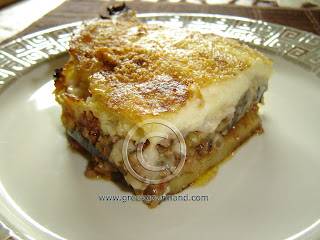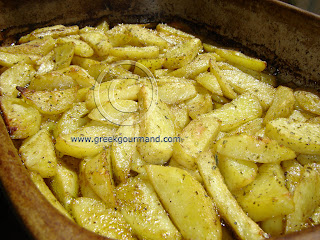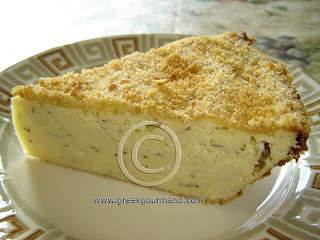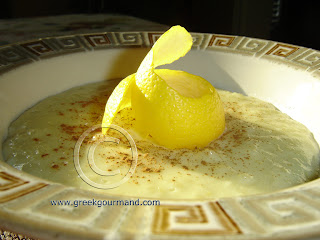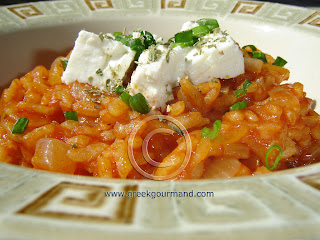Fresh as Mint

Our garden's first mint shoots of the season... “ And the Spring arose on the garden fair, Like the Spirit of Love felt everywhere; And each flower and herb on Earth's dark breast Rose from the dreams of its wintry rest. ” --- The Sensitive Plant , Percy Bysshe Shelley The weather here in Toronto has been exceedingly pleasant of late. Spring has quickened the dormant life energies in the earth, and the sun’s growing light lengthens the days. Persephone has returned from the shadowy realm of Hades , her mother Demeter rejoices and paints Gaia with the most exotic adornments. Yesterday, I stepped out to inspect the small kitchen garden plot we have running the length of one side of our home. I was so excited by what I saw that I ran to fetch my camera. The first tender shoots of our mint patch had appeared! Mint is my favourite of all the herbs and not without good reason. It is a universal ingredient in Greek food and

